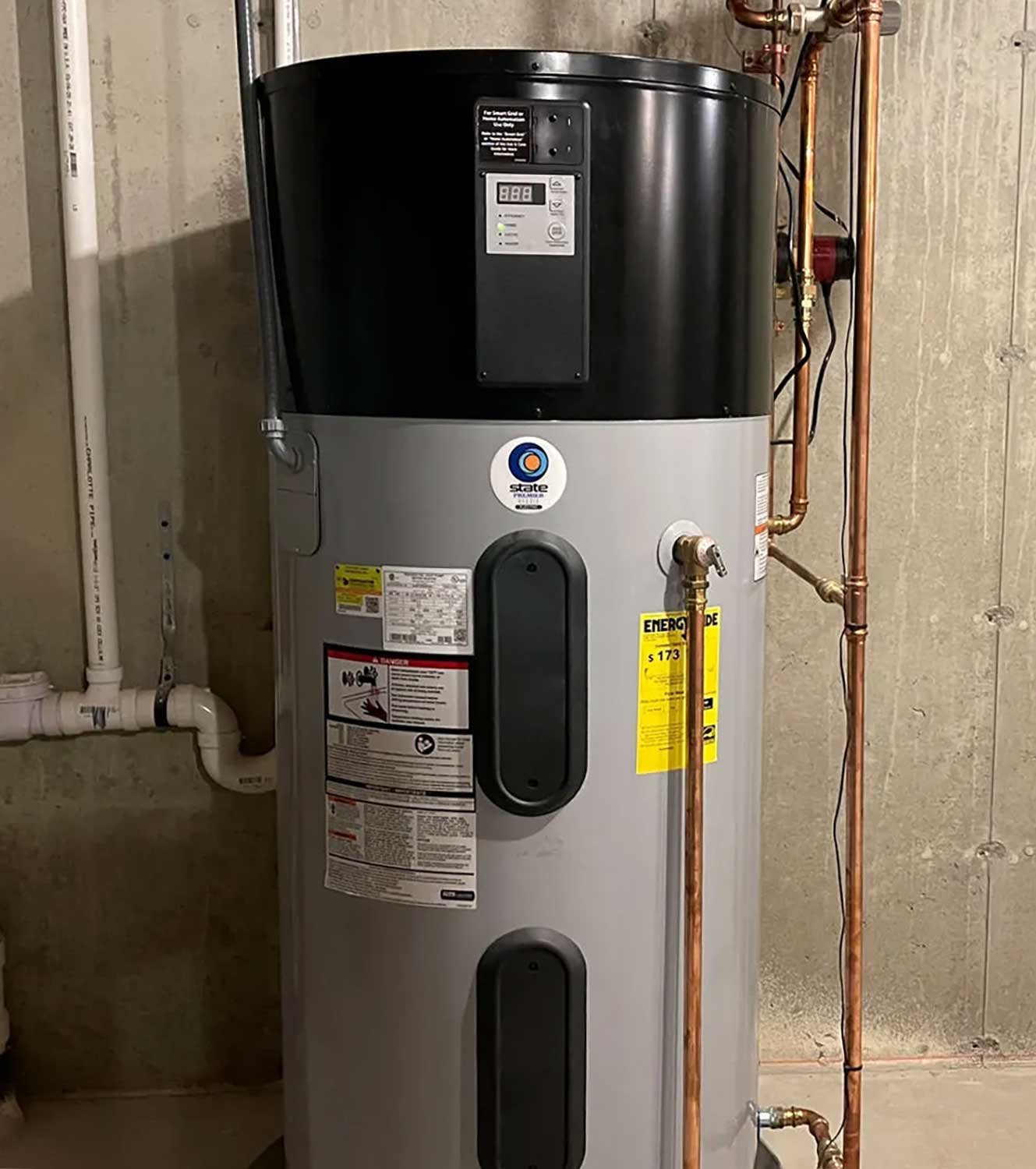Are you aware that there’s a little-known opportunity for Americans to receive a significant payment, potentially worth thousands of dollars? This unique financial compensation targets homeowners who have installed Energy Star-certified heat pump water heaters. If you’re one of them, you could be eligible for what’s known as the Heat Pump Water Heaters Tax Credit. This credit, ranging up to $2,000, is available for those who purchased and installed their heat pump water heaters between January 1, 2023, and December 31, 2032.

Photo from Google
Qualifying for the Heat Pump Water Heaters Tax Credit and Maximizing Energy-Efficient Upgrades
To qualify for this credit, you must be the owner of the principal residence where the heat pump water heater is installed, and it must be situated within the United States. The heat pump water heater should serve as the primary source of hot water in your home. However, it’s essential to note that this Heat Pump Water Heaters Tax Credit doesn’t apply to rental properties or new constructions; it’s exclusively for homeowners upgrading their primary residences.
Interestingly, various types of properties beyond traditional houses can qualify for this credit, such as houseboats, mobile homes, condominiums, and more, as long as they’re the primary residence of the applicant. This initiative forms part of the government’s efforts to encourage environmentally friendly home improvements.
Now, there’s a cap on how much you can claim annually from such tax credits, which stands at $3,200. Therefore, if you’ve already claimed $2,000 for your heat pump water heater, you could explore other energy-efficient upgrades to maximize your benefits.
READ ALSO: Are You Interested In Avoiding A Reduced Tax Refund Next Year?
How to Claim the Heat Pump Water Heaters Tax Credit for Energy-Efficient Upgrades
To claim this Heat Pump Water Heaters Tax Credit, you’ll need to include the relevant information in your annual tax filings, using IRS Form 5695, which can be accessed through the Energy Star website. It’s crucial to note that you can’t claim more from the credit than what you owe in taxes for the year.
Overall, this opportunity presents a tangible way for homeowners to save on energy-efficient upgrades while contributing to a greener environment.

















































